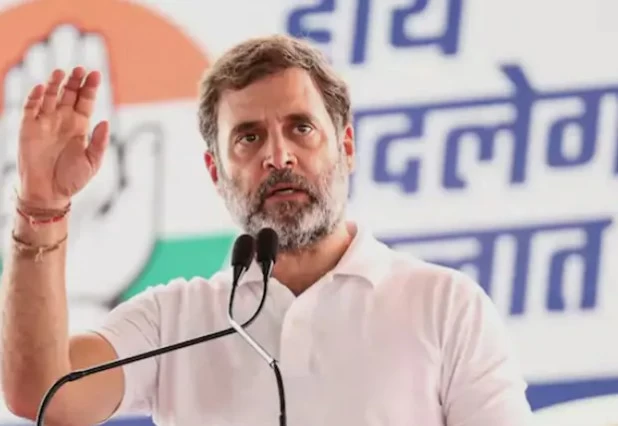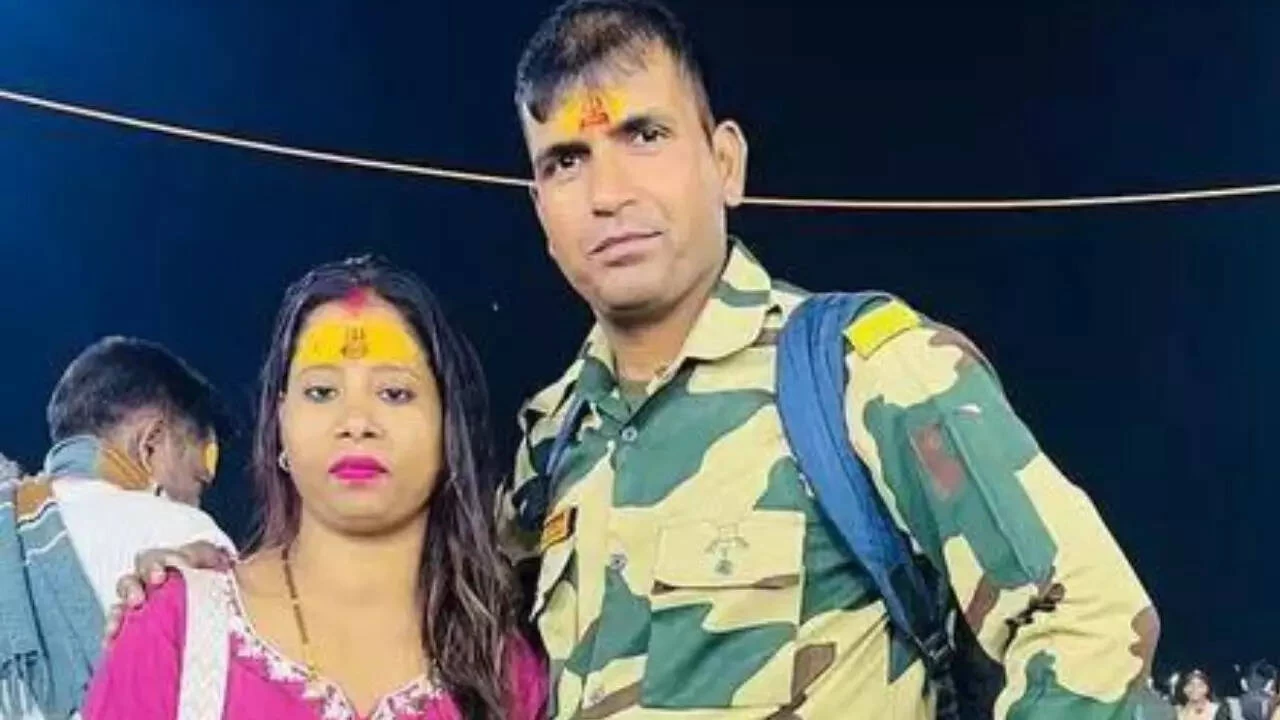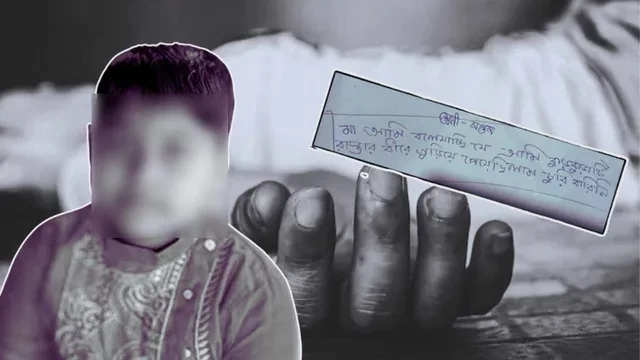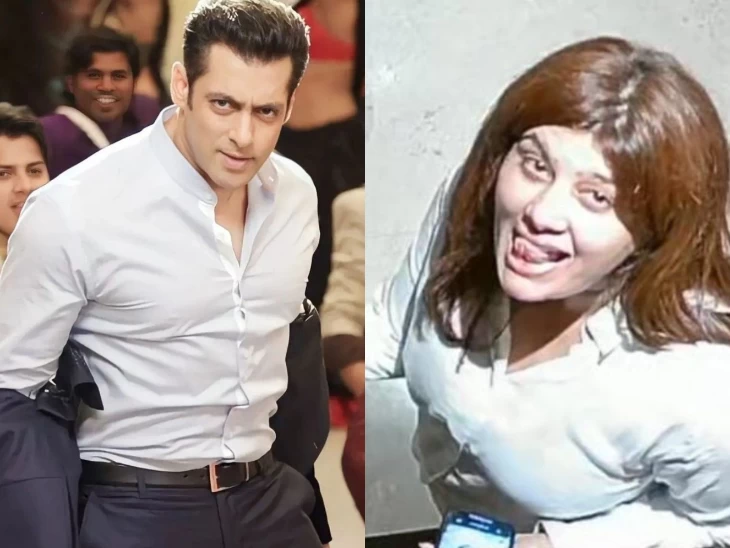Latest Updates
“Painful stories of losing loved ones in every corner…”: Rahul Gandhi Visits Victims of Pakistani Shelling in Poonch, Assures National Support

Rahul Gandhi, Leader of the Opposition in the Lok Sabha visited the Poonch district of Jammu and Kashmir on Saturday to meet families affected by Pakistan’s cross-border shelling in retaliation to Operation Sindoor. This marks Gandhi’s second visit to Jammu and Kashmir since the Pahalgam terror attack.
During his visit, the senior Congress leader met the victims and their families, many of whom have lost homes and loved ones. He listened to their concerns and expressed deep sympathy for their suffering. "Broken houses, scattered belongings, moist eyes, and painful stories of losing loved ones in every corner – these patriotic families bear the biggest burden of war with courage and dignity every time. Salute to their courage,” said Rahul Gandhi taking to social media platform “X”. "I stand strongly with the victim families – I will definitely raise their demands and issues at the national level,” he added.
Walking through villages damaged by the shelling, Gandhi assessed the extent of the devastation. "I spoke with the people and tried to understand their problems. They have requested me to raise this issue on the national level, and I will do that,” said Rahul Gandhi speaking to reporters.
He also made a stop at a local school in Poonch, where he interacted with children and sought to offer reassurance. Addressing the students, he said, “Now, you have seen danger and a little bit of a frightening situation, but don’t worry, everything will come back to normal. Your way of responding to this problem should be that you study and play really hard and make a lot of friends in school.”
The region has witnessed a surge in hostilities following India’s retaliation to the April 22 Pahalgam attack that claimed 26 lives, under Operation Sindoor on 7 May. The operation targeted nine terror hubs in Pakistan and Pakistan-occupied Kashmir. In the days that followed, Pakistani forces launched heavy missile and drone strikes, which were countered by Indian defence systems. The hostilities came to an end with a ceasefire agreement on 10 May.








